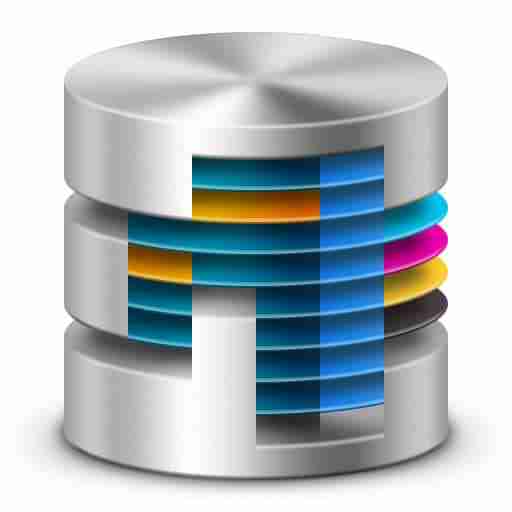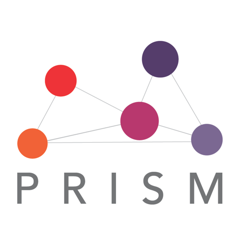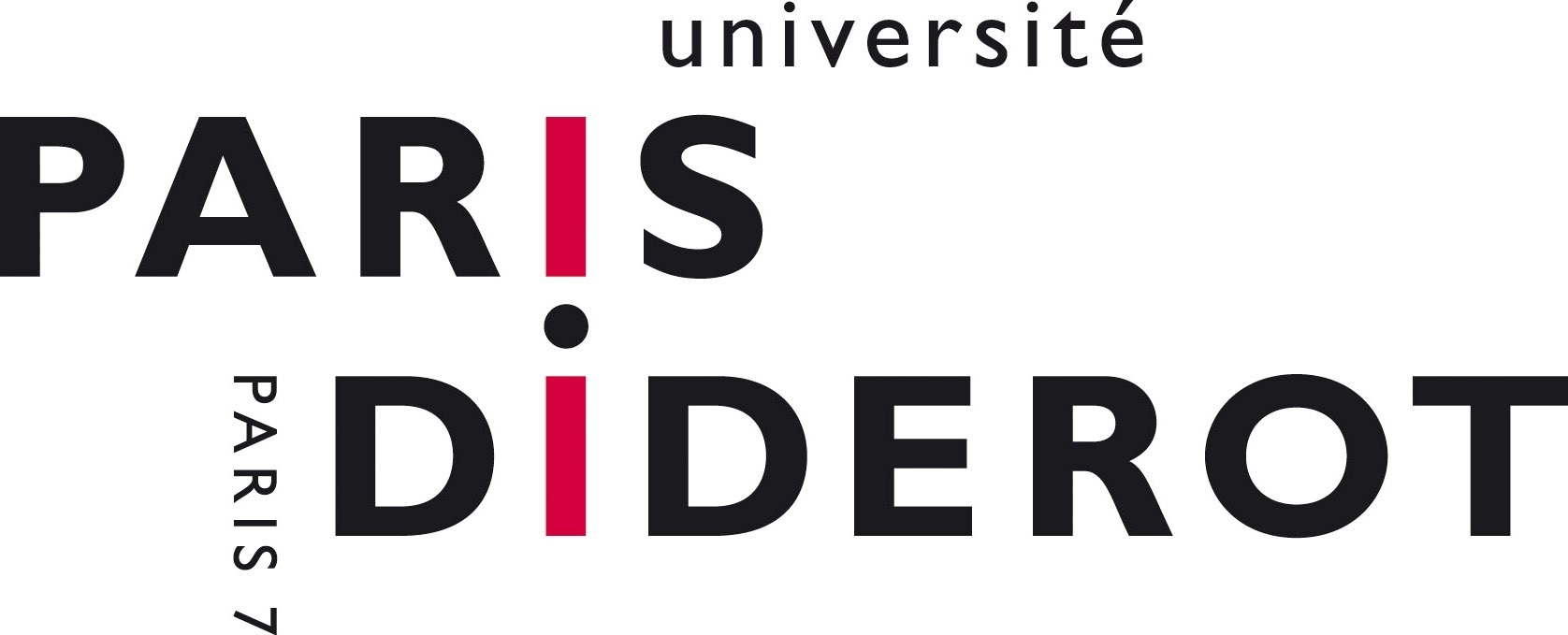Bioinformatics
Where omics technologies meets computer science and artificial intelligenceWelcome to ADlab
Computational biology platform of the research center of CHU de Québec-Université Laval.
ADlab focuses on the development of tools dedicated to the analysis of omics-type massive data, including genomics, transcriptomics, proteomics and metabolomics. His work provides a better understanding of the complex biological mechanisms of different diseases or biological phenomena. His team develops various approaches to identify multi-omics signatures using multivariate-driven methods such as machine learning and PLS-DA, and knowledge-based methods such as interaction networks and modules detection. Other projects are focusing on data management of big biological data with interactive graphical layers, to offer a better exploitation of the data. The lab is also involved in medium to large scale collaborative projects with international teams in academics and private sector focusing on breast cancer, prostate cancer, neuro-developmental diseases and pediatrics in order to discover new therapeutics targets. The laboratory expertise is now evolving to the next step, consisting of elaborate strategies to identify drugs of interest by drug repositioning, including drug synergies and secondary effects/toxicity prediction.

ADlab expertises

Proteomics
We perform large scale studies to decipher the role of proteins and identify organisms through proteomics

Cancer research
We identify causes and develop strategies for diagnosis and prognosis of breast and uro-oncological cancers

Big biological data
We manage to handle terabytes of biological data of many types: Genomics, proteomics, etc.

R package development
We develop various R packages to help process biological data

Semantic web
We host Bio2RDF, which provides the largest network of Linked Data for the Life Sciences

Genomics and transcriptomics
We can exploit data from various sequencing experiments (RNAseq, miRseq, WGS, WES)

Machine learning and Deep learning
We create programs using machine learning and deep learning algorithms to classify biological data
ADlab projects
Academic partners











Plateforme de protéomique CHU de Québec - Centre de génomique de Québec






Plateforme de séquencage et génotypage des génomes - CHU de Québec




Industrial partners












